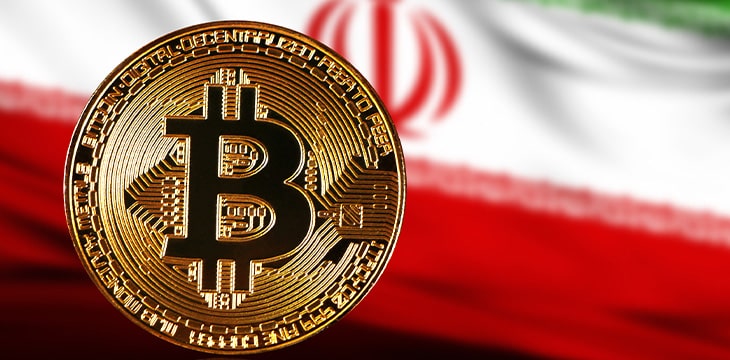|
Getting your Trinity Audio player ready...
|
Iran could become the first country after El Salvador to legalize digital currencies as legal tender. The country is set to integrate digital currencies to its central bank’s payment platform, but only to settle international trading transactions, according to local reports.
The Central Bank of Iran has partnered with the country’s Ministry of Trade to link the former’s payment platform to a trading system that will allow businesses to settle their transactions with global trading partners using digital currencies, Mehr News Agency reports.
According to Alireza Peyman-Pak, the deputy minister of Industry and Trade, this integration will open up many new opportunities for Iranian businesses. Peyman-Pak, who is also the head of the country’s Trade Promotion Organization, said the new payment mechanism would be finalized within the next two weeks.
“We are finalizing a mechanism for operations of the system. This should provide new opportunities for importers and exporters to use cryptocurrencies in their international deals,” he said.
Peyman-Pak believes that the Iranian government must not ignore the vast opportunities that digital currencies present. The country is already home to a large number of block reward miners, some of whom moved there after leaving China. However, in the past year, they have had to contend with a lack of electricity after the government cut off the energy supply to them when supply was low.
Currently, the miners are going through such a period after the national grid operator Tavanir cut off energy to miners in December 2021. Tavanir said that demand for power had surged as more people heated their homes over the ongoing winter.
Peyman-Pak broke down how the new system will work, “All economic actors can use these cryptocurrencies. The trader takes the ruble, the rupee, the dollar, or the euro, which he can use to obtain cryptocurrencies like Bitcoin, which is a form of credit and can pass it on to the seller or importer. […] Since the cryptocurrency market is done on credit, our economic actors can easily use it and use it widely.”
While the government didn’t directly refer to it, Iran will be relying on digital currencies to evade economic sanctions that have been imposed on the country for years.
In the past, key leaders in the Middle Eastern country have called for Iran to turn to digital currencies as a way to evade the sanctions, which have hindered the country’s ability to compete on a global scale. In 2020, then-Iranian president Hasan Rouhani even called for Islamic countries to launch a Muslim digital currency to fight U.S. economic dominance.
Watch: CoinGeek New York presentation, Increasing Footprints of BSV Blockchain in Middle East & South Asia
https://www.youtube.com/watch?v=wGw6rBv7nlc&t=9765s

 02-21-2026
02-21-2026 




